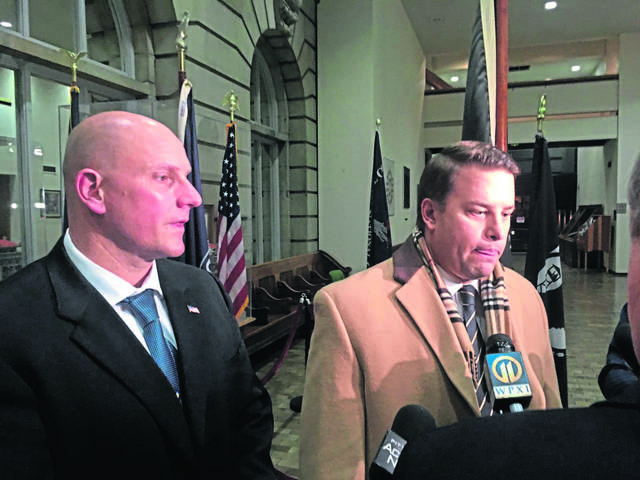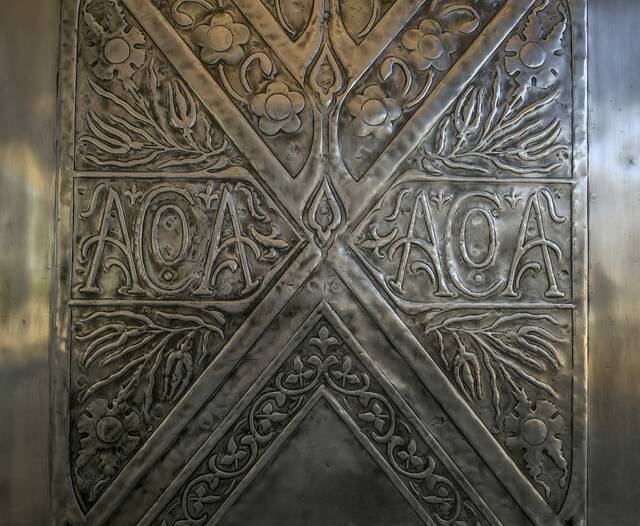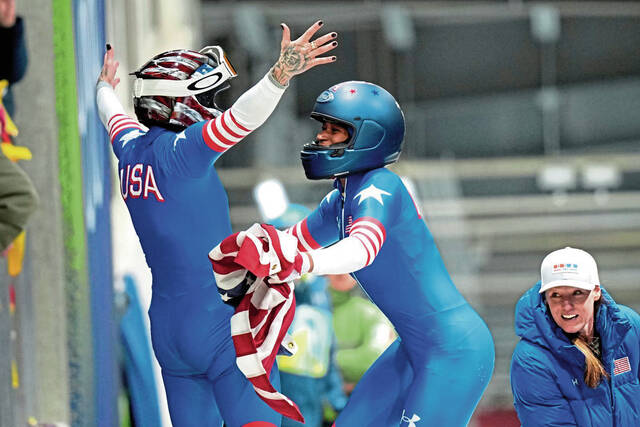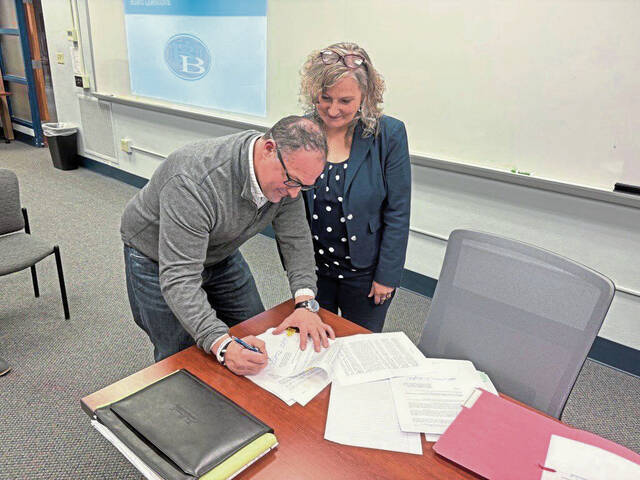A jury has a job.
Everything that happens in a criminal trial plays to an audience of 12. The jury is entrusted with the solemn responsibility of hearing evidence and legal arguments and setting aside preconceptions to determine whether or not someone committed a crime.
It’s arguably the most important job in the justice system. Without the jury, everything else falls apart.
And that is why a jury’s verdict — and the people who delivered it — can be subject to attention after the fact. Who are these dozen individuals who decided a death was a murder or this person was responsible for a theft? A Pennsylvania Supreme Court decision made those names public in most cases.
The Tribune- Review filed the case that made that law. It was over the jury in the third-degree murder trial of Ligonier podiatrist Karl Long, convicted of murdering his wife in 2003. The judge said no to releasing the names. But in 2007, the state Supreme Court found that “public scrutiny of the criminal justice system enhances the quality and safeguards the integrity of the fact finding process.”
That still holds true, despite the state Superior Court’s recent ruling on another Tribune-Review appeal.
In December 2018, the public corruption trial of then-Westmoreland County sheriff Jonathan Held ended oddly. The jury returned a guilty verdict. But when polled, one juror disagreed. The case was ultimately declared a mistrial. Because the charges have not been dismissed and a retrial has not yet happened, Common Pleas Court Judge Timothy Creany — and now a three-judge panel of the Superior Court — have said releasing the jurors’ names could impact Held’s right to a fair trial.
We disagree — and will continue to do so in appeals.
In the Long case, the Supreme Court cited founding father Alexander Hamilton, whose Federalist Papers called the jury trial “a valuable check on corruption.” They quoted that in reference to a murder trial. The Held case — one in which the former sheriff still maintains his innocence — is specifically about corruption.
The names of the jurors may shed light on how someone voted and why. They may speak to why the one juror stood apart from the rest, and how the confusion of a guilty verdict that became a mistrial occurred.
But that isn’t even the point. We don’t require dramatic Perry Mason revelations from any other information that is made public. The information is made public because it keeps the government accountable to the public.
It emphasizes the public, not the government, is the ultimate authority in the same way the jury is the ultimate audience in the courtroom.
“Openness is fostered by the public knowledge of who is on the impaneled jury. Armed with such knowledge, the public can confirm the impartiality of the jury, which acts as an additional check upon the prosecutorial and judicial process,” the Supreme Court wrote in the Long case.
We couldn’t agree more.








